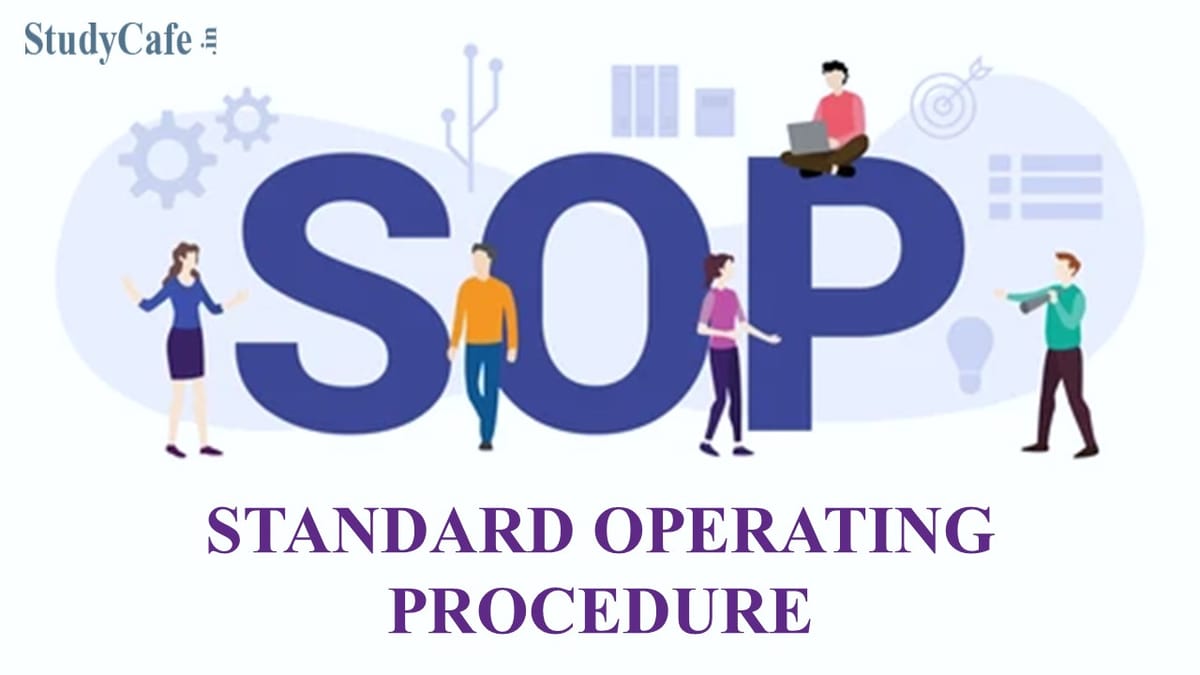Sushmita Goswami | Jul 11, 2022 |

CBIC issues SOP for GST Summon and Notices
In order to stop harassing businesses, the Central Board of Indirect Taxes and Customs (CBIC) will shortly publish a comprehensive standard operating procedure (SOP) for delivering summonses and notices under the goods and services tax (GST) regime.
The new SOP will also enable the board to closely monitor the GST investigation’s developments and chosen investigative strategy, increasing accountability and openness among all parties involved.
According to them, because there isn’t a defined set of guidelines for officials to follow, it has been challenging for the agency to draw the line thus far. Unidentified official: “We don’t have any SOP under the GST for summons and notices, and these are two hard things. We can inquire about any violation once an SOP is in place.”
The official stated that the document was nearly complete and that there had been thorough conversations with field formations and other stakeholders, including companies.
The number of tax notifications that GST inspectors have issued in recent months has increased significantly. These notices invite CXOs, finance heads, and even chief executives to an in-person hearing. Repetitive summonses were also issued to businesses.
The proposed SOP, according to the source, will also prevent notice overlap between the state and federal jurisdictions. Businesses had complained that they occasionally received many letters on the same issue, making compliance challenging for them and taking a significant amount of their time. In this context, CBIC had been periodically sending circulars to officers.
The board instructed its field formulations in May that tax authorities would be held accountable if a taxpayer were coerced into paying taxes during a search and that collection of unpaid debts should occur only after an adjudication order was issued. Searches should not be used to collect unpaid debts.
The decision was made in response to growing complaints about the tax authorities’ use of pressure and force to “recover” money during searches or inspections.
In case of any Doubt regarding Membership you can mail us at contact@studycafe.in
Join Studycafe's WhatsApp Group or Telegram Channel for Latest Updates on Government Job, Sarkari Naukri, Private Jobs, Income Tax, GST, Companies Act, Judgements and CA, CS, ICWA, and MUCH MORE!"